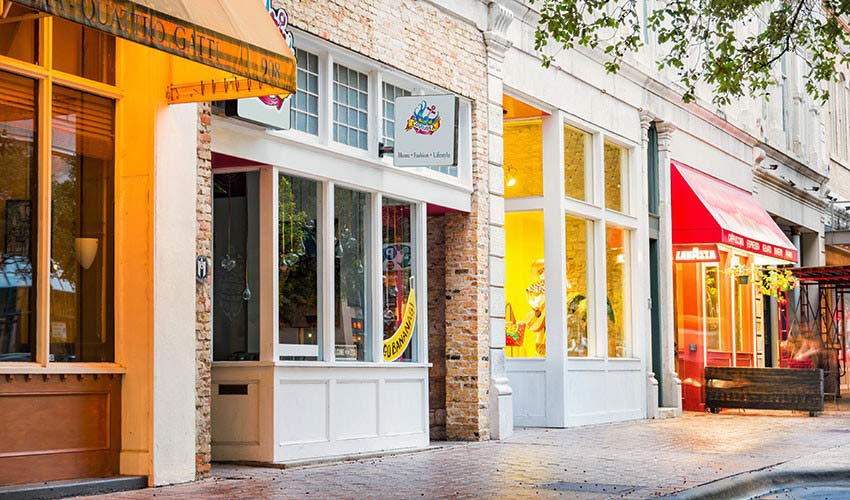Factors Affecting Business Insurance Cost
4 factors that affect how much you’ll pay for business insurance

You’ve started a small business and want to make sure it is protected. But how much will it cost to buy insurance that will cover you for potential property damage, liability lawsuits, or other issues that come up along the way?
That will depend on a number of factors:
-
What you do or sell.
How much you pay for insurance depends on what type of business you run. The higher the risk, the more you’ll pay. For example, janitors, construction workers, and manufacturers often have some of the highest rates for general liability insurance, because they deal with (and could potentially damage) other people’s property. Your liability risk matters as well. For example, the risk of incurring liability for physical injury to third parties is likely greater for a business that performs security services than for a business providing accounting services.
-
Where you live.
There are obviously greater risks for property damage in high-hazard flood or wildfire zones than in places where weather-related incidents are less likely to occur, and insurance premiums often reflect the different level of risk. You can take certain steps to reduce risk for property damage from natural catastrophes, but if your business is located in a high-hazard area, the cost of your property insurance is likely to be higher than it might be in other locations.

-
Where you operate your business.
Do you run your business out of a rented space, or do you own the building? Each of these situations has its own risks, depending on the type of business you run. For example, if you rent space for a restaurant, you’ll likely pay more property insurance premium than if you run a real estate business from a rented space because the risk exposures from restaurant equipment are greater than risk exposures in a general office environment. And, if you own the space for your restaurant, you’ll likely pay more for property insurance premiums than if you rent, because your coverage will typically insure against damage to the building itself, not just the contents inside.
-
Your prior claims history.
Insurance companies will also look at your claims history, if you have any. For example, if you’ve been sued for mistakes you’ve made in providing services, an insurer may consider this a trend that will continue and charge higher premium for the higher risk presented. Or, if one of your delivery drivers has been in a series of accidents, an insurer may charge higher premiums for your auto policy than if all drivers on the policy had clear driving records.
No part of this article may be reproduced in any written, electronic, recording, or printed form without written permission of Chubb.
@2022 Chubb. The contents of this document are for informative purposes only and do not constitute advice. Please review the full terms, conditions and exclusions of our policies to consider whether they are right for you. Coverage may be underwritten by one or more Chubb companies or our network partners. Not all coverages and services are available in all countries and territories. Chubb® and its respective logos, and Chubb. Insured.SM are protected trademarks of Chubb.

Have a question or need more information?
Contact us to find out how we can help you get covered against potential risks